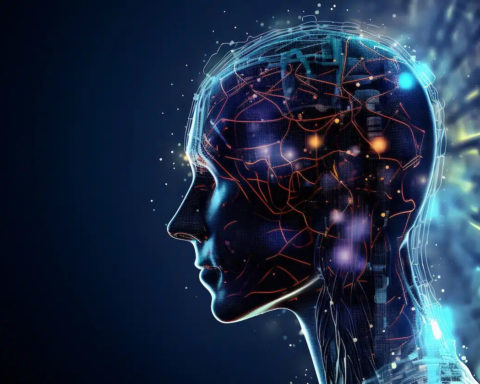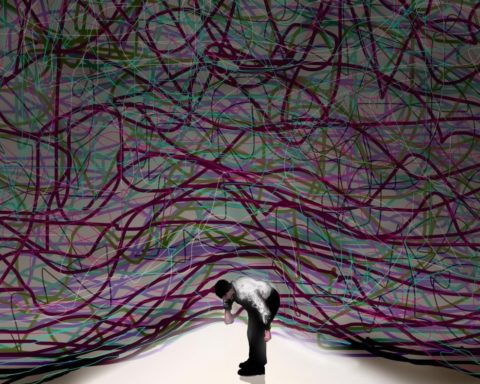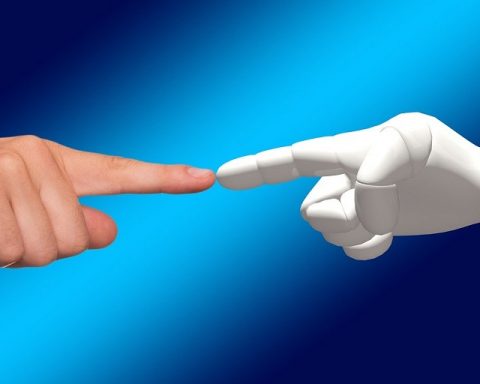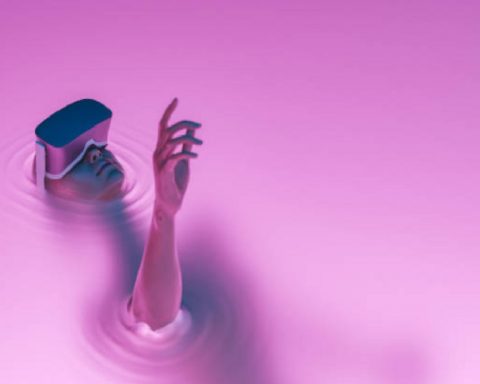Promises that go awry
READ UP'. Tim Berners-Lee: "30 years after its invention, the web has been hijacked by trolls and crooks."
Can we compete with human intelligence at 20 watts?
Digital to reconnect with the world and nature?
E-governments that "hold" or "condition" their people
READ UP'. China is moving into a world that even Orwell would not have dared to imagine...
Anything to add? Say it as a comment.












